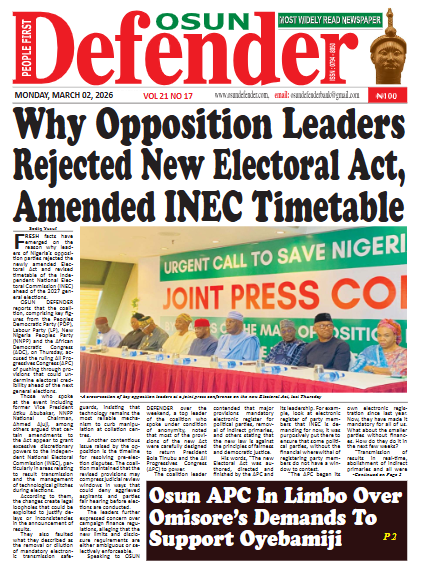FG Removes VAT On Cooking Gas

The removal of Value Added Tax (VAT) on liquefied petroleum gas (LPG), also called cooking gas, produced in Nigeria, has been of major concern to members of the Nigerian Association of Liquefied Petroleum Gas Marketers (NALPGAM).
Therefore, it was good news to the Association and the LPG industry, when the news filtered out that the Federal Government has finally approved VAT removal on LPG and gazetted same which makes it an official pronouncement.
The President, Nigerian Association of Liquefied Petroleum Gas Marketers, Nosa Ogieva-Okunbor, on behalf of the Governing Council, expressed his profound gratitude to the Federal Government and all relevant government agencies for listening to the association’s plea for VAT removal from LPG sourced locally.
Ogieva-Okunbor said: “We also want to use this opportunity to thank and appreciate the Department of Petroleum Resources (DPR) for the timely directive stopping the inappropriate and indiscriminate installation of skid plants in petrol stations. The directive that all skid plants in filling stations be dismantled and removed was apt, considering the huge danger and risk to the public in the operations of LPG Skid plants in filling stations. We, however, appeal for a proper and thorough implementation of the directive in all states of the federation.
“The association still pleads with the government to create a more conducive and enabling environment for investors in the industry particularly now that deepening the consumption of LPG in the country has become a major interest of the government and marketers are geared towards ensuring the success of the programme by complementing the efforts of the government.
“We, therefore, appeal for a reduction on import duty on LPG equipment and accessories.
‘The increased awareness of LPG usage has seen consumption in Nigeria growing from 50,000 metric tonnes (MT) in 2007 to over 600,000MT in 2018 with more indigenous investments in LPG bottling plants. This, thus, will ensure that majority of Nigerians enjoy the convenience of the proximity of LPG refill or exchange points.
“We implore the federal and state governments to initiate a well-funded social welfare programme to expand usage of LPG.”









